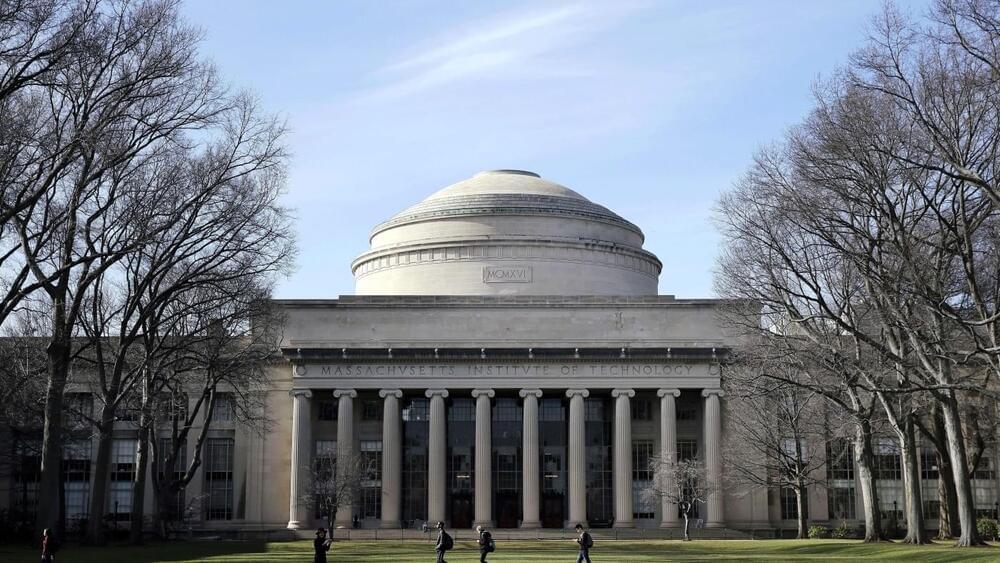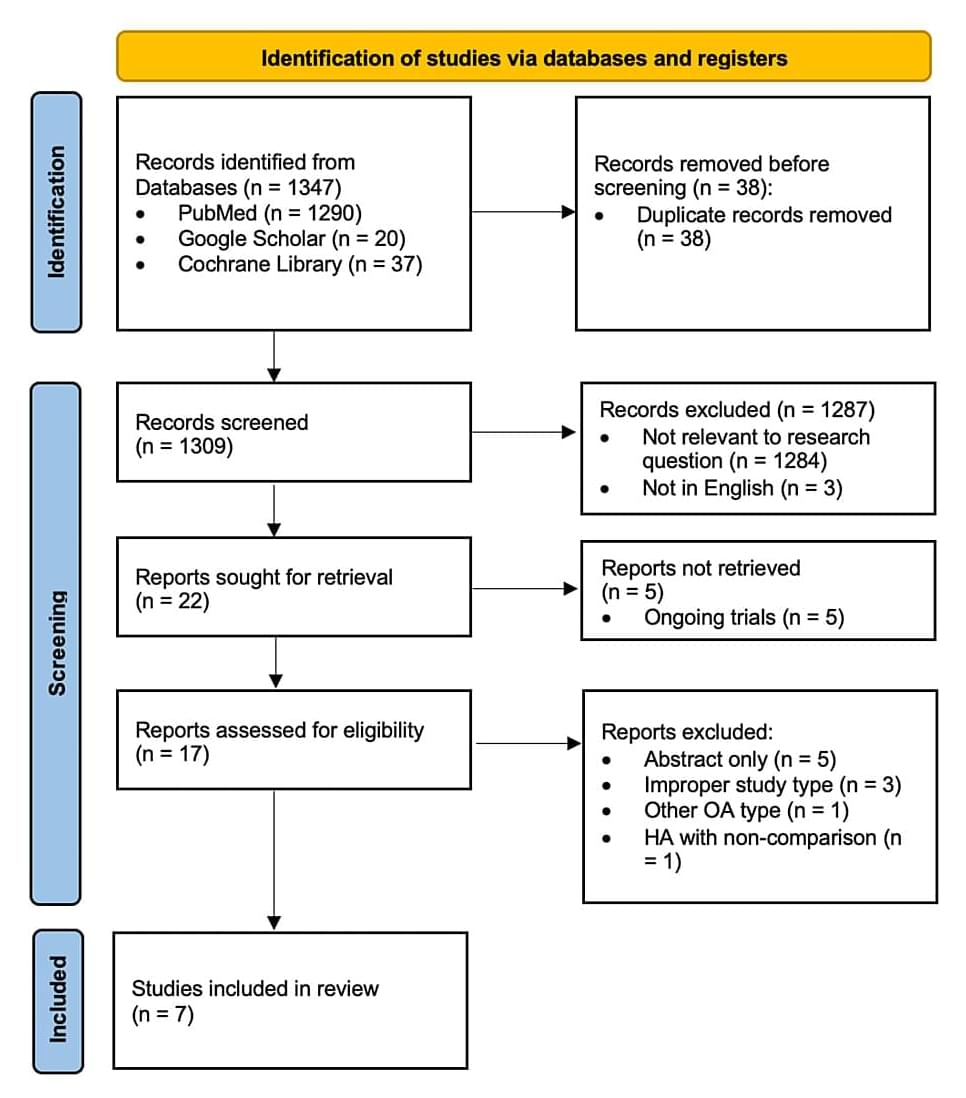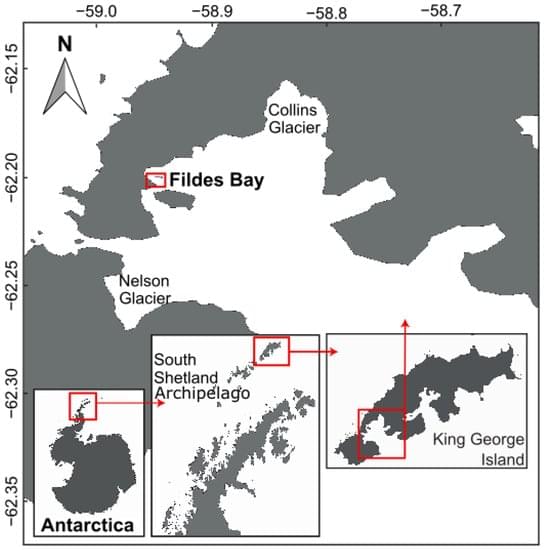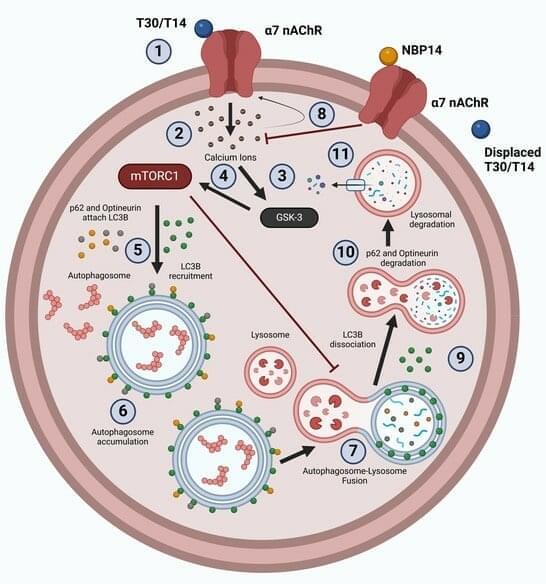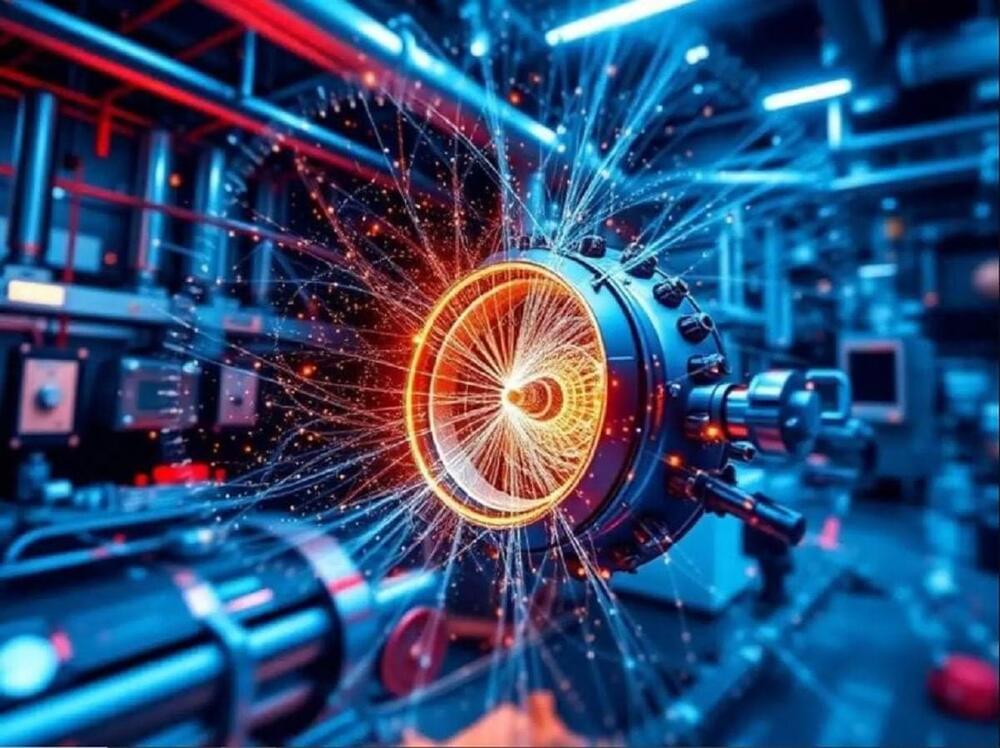Hip osteoarthritis (HOA), a prevalent condition among those aged 55 years and above, is a significant cause of joint pain and functional impairment and it contributes to the overall burden of chronic pain experienced by the elderly population. While platelet-rich plasma (PRP) and hyaluronic acid (HA) injections have emerged as innovative therapeutic approaches for managing osteoarthritis, their effectiveness in HOA remains a subject of contention. Therefore, the objective of this review was to assess the efficacy of PRP versus HA in terms of pain relief and functional outcomes for the management of HOA. We searched PubMed, Cochrane Library, and Google Scholar databases from 2013 to 2023 to identify pertinent randomized controlled trials (RCTs). A total of seven trials (478 participants) were included. The selected studies underwent quality assessment using the updated Cochrane risk of bias tool. The pain and functional outcomes were examined using measures of the Western Ontario and McMaster Universities Osteoarthritis Index (WOMAC) pain scale, visual analog scale (VAS), and Harris hip score (HHS). In the meta-analysis, standard mean differences (SMDs) along with 95% confidence intervals (CIs) to estimate overall effect magnitudes for continuous outcomes were extracted. Statistical significance was determined using p-values below 0.05. At six months, the PRP group experienced a significantly lower standard mean WOMAC pain score (SMD =-0.38, CI =-0.64 — 0.13; p = 0.03). No significant differences in WOMAC pain scores were noted at one to two months (SMD = 0.09, CI =-0.24, 0.43; p = 0.59), and at 12 months (SMD =-0.85, CI =-1.81, 0.12; p = 0.09). Similarly, for VAS, patients on PRP showed a slight improvement in their VAS scores at six months (SMD =-0.50, CI =-0.89,-0.12; p < 0.01). However, no significant differences in VAS between the PRP groups and the HA groups were observed at one to two months (SMD =-0.22, CI =-0.49, 0.04; p = 0.10) and at 12 months (SMD =-0.22, CI:-0.63, 0.19; p = 0.29). In terms of hip dysfunction, there was no statistically significant standard mean difference in HHS between the PRP and HA groups at six months (SMD = 0.02, CI =-0.40, 0.44; p = 0.93), and at 12 months (SMD =-0.31, CI =-0.32, 0.22; p = 0.73). This review and meta-analysis provide insights into emerging treatments for HOA, especially considering that PRP shows potential benefits and safety for patients with HOA during mid-term follow-up in a 12-month period. Nevertheless, it is necessary to conduct research that includes high-quality designs and larger sample sizes to validate the comparative efficacy of these treatments.

